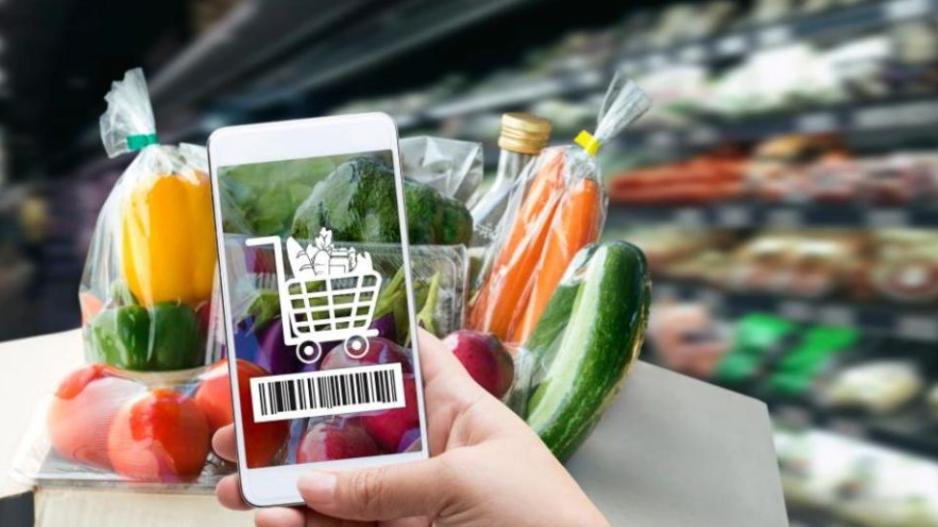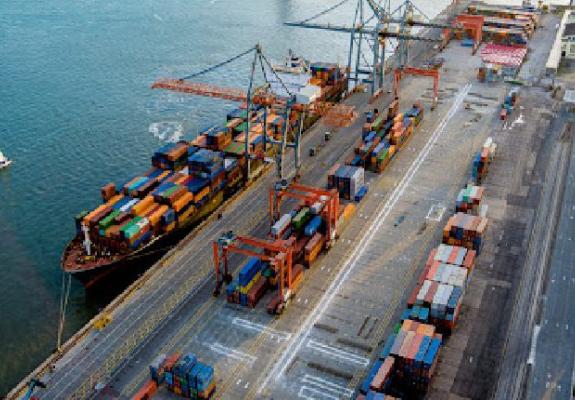E-kalathi: Announcements About The Platform Are Coming Next Week
Discounted products were found in a supermarket that were actually more expensive than in another supermarkets without discounts.
Next week, officials will make relevant announcements regarding the company that will undertake the creation of the platform for e-kalathi, as stated by the Head of the Competition Branch of the Consumer Protection Service, Aliki Iordanou.
Following this, according to Ms. Iordanou, the signing with the successful bidder is expected shortly thereafter, while e-kalathi is anticipated to be ready to provide its services to consumers by late 2024, early 2025.
While the processes for e-kalathi are ongoing, the Consumer Protection Service of the Ministry of Commerce is also proceeding with market checks.
Specifically, within the framework of continuous market monitoring and recording trends as they evolve from international and domestic conditions, the Service once again recorded prices on 16/5/2024 for 55 common and very important household products in 3 supermarkets in Nicosia.
As shown by the results, the difference in value between the most expensive basket and the cheapest amounts to 6.0% or €241.84 compared to €228.54, with the mid-range basket costing around €240.02. Additionally, the benefit to the consumer from the implementation of the zero VAT rate on the 11 products covered by the measure ranges between €7.21-€7.78 for a total purchase value of approximately €90 depending on the supermarket.
According to Ms. Iordanou, during inspections at these three supermarkets, it was found that products advertised as being on sale in one supermarket were actually more expensive than in another supermarket where they were not on sale. This highlights the need for proper research by consumers before making purchases.
When asked about this, Ms. Iordanou noted that the difference in prices, especially for discounted products, does not indicate profiteering. She explained that prices in each supermarket are shaped by different parameters.
As Ms. Iordanou pointed out, each supermarket can and does charge based on its own specificities. Each one has different operating costs, different quantities of products, hence different initial purchase prices from the producer/supplier, and different profit margins.
Yesterday (22/5), the results from the Consumer Product Price Observatory for April 2024 were announced, showing decreases in some food categories, contrary to the increases in fuel prices.
Specifically, out of a total of 45 categories of basic products, 21 categories recorded an increase and 18 categories a decrease, while another 6 categories showed no change. Notably, frozen molluscs/shellfish and frozen fish recorded increases of 7.5% and 6.2%, respectively, after a three-month period of continuous decreases; sugar increased by 4.7% after six months of continuous decreases; broths by 3.4%; bottled water by 3.3%; oil by 3% due to restrained new increases in olive oil prices compared to the previous month; juices, breakfast cereals, and baby diapers by 2.8%; baby food by 2.7%; frozen pasta by 2.2%; and canned meat by 2%.
On the other hand, 18 categories recorded a decrease, most notably fresh vegetables and greens by 13.1%; vegetable cooking fat by 10.8%; flour by 5.4%; fresh fish and molluscs by 4.6%; eggs by 4%; pasta by 2.3%; bagels by 1.5%; rice and biscuits by 1.2%; and baby milk and fabric softeners by 1.3%.






